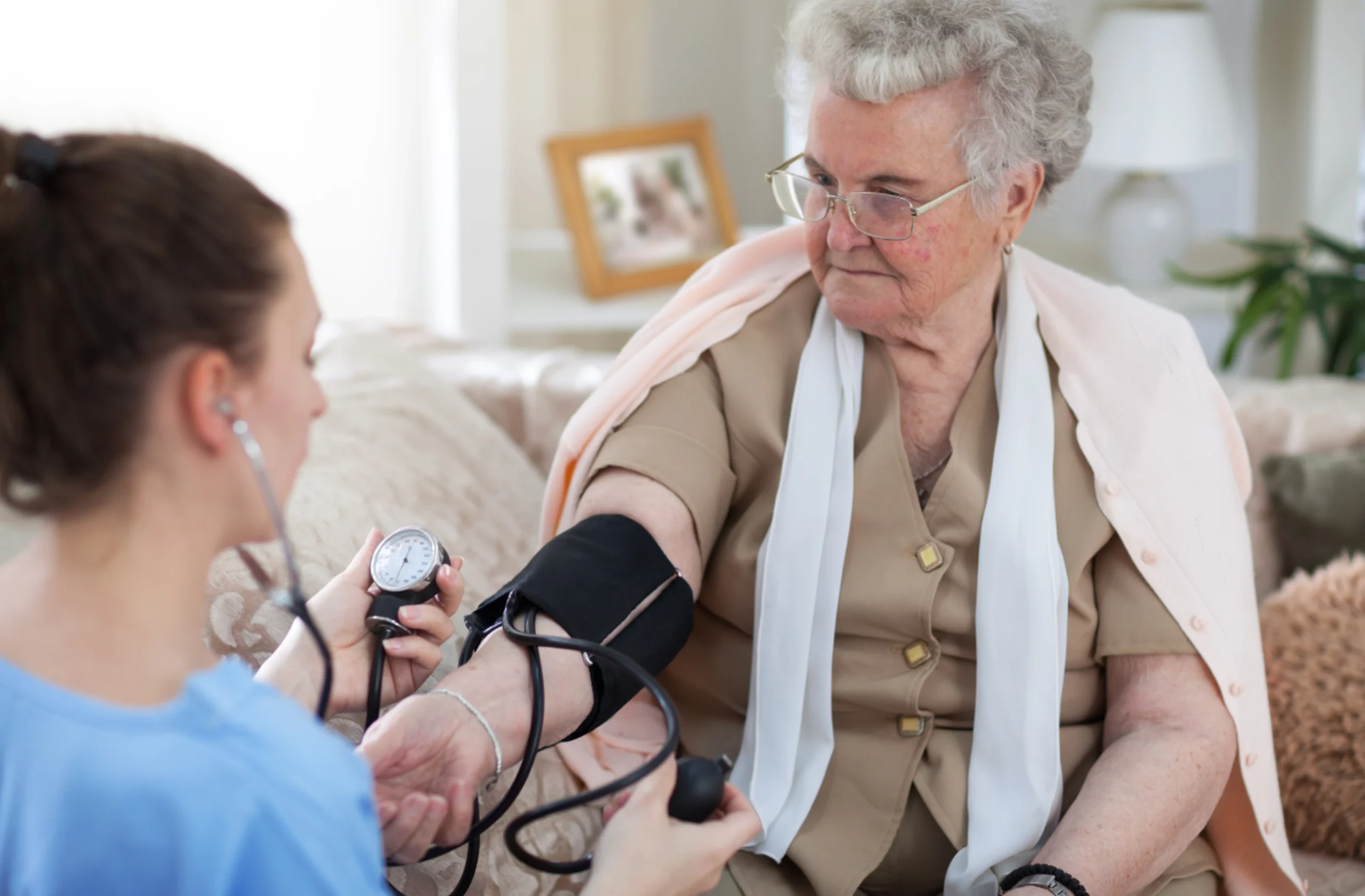As we face an unprecedented public health crisis, it is more important than ever that vulnerable populations are not forgotten or dismissed. People with heart disease are among those most at risk of serious illness from COVID-19; and WomenHeart is ensuring that policymakers understand the needs of women living with and at risk of heart disease as they respond to the pandemic. Congress has worked quickly to pass laws that provide support for public health programs and economic relief. At the same time, working with coalition partners and other organizations, WomenHeart has signed onto seven policy letters and statements in relation to COVID-19 in the last two weeks.
In doing this advocacy, WomenHeart is guided by the priorities in our Federal Policy Agenda, which include access to care and comprehensive and affordable health coverage. On March 16, WomenHeart joined a letter with 28 other organizations urging the Senate to pass legislation that would guarantee free COVID-19 testing, paid sick leave and additional support for state Medicaid programs, among other provisions. Many of those policies were included in the Families First Coronavirus Response Act signed into law.
We have followed up with other letters asking, for example, that women with heart disease and others with chronic conditions be allowed access to additional refills of prescription medication and supplies, as necessary. The CARES Act, signed into law on March 27th, requires Medicare Part D plans to provide up to a 90-day supply of a prescription medication if requested by a beneficiary during the COVID-19 emergency period. More recently, we have asked the Administration to ensure that treatment for COVID-19 be covered by all types of health insurance, that there be financial protections for patients, and that a special enrollment period be opened for people to purchase insurance in the marketplace.
WomenHeart has also sought to ensure that women are included in medical research. For example, we signed onto a letter to the National Institutes of Health (NIH) and the Food and Drug Administration (FDA) asking that pregnant and lactating women be included in COVID-19 research related to a vaccine and treatment. Further, in anticipation of one day having a vaccine for COVID-19 – and recognizing the importance of vaccines already recommended for adults with chronic conditions like heart disease – we joined a letter advocating for legislative language that would make vaccines more accessible through Medicare Part D. The CARES Act includes provisions to provide access to a future COVID-19 vaccine under Medicare and commercial insurance.
Women with and at risk of heart disease are no strangers to living with fear and uncertainty about their health. But especially during this time of heightened anxiety, policymakers can act to ease the pain. They must do all they can to guarantee affordable care and treatment to all who need it, to consider the needs of those most at risk and living with pre-existing conditions, and to ensure that vulnerable populations aren’t excluded from groundbreaking COVID-19 research that will teach us how best to treat and vaccinate everyone in the future.




